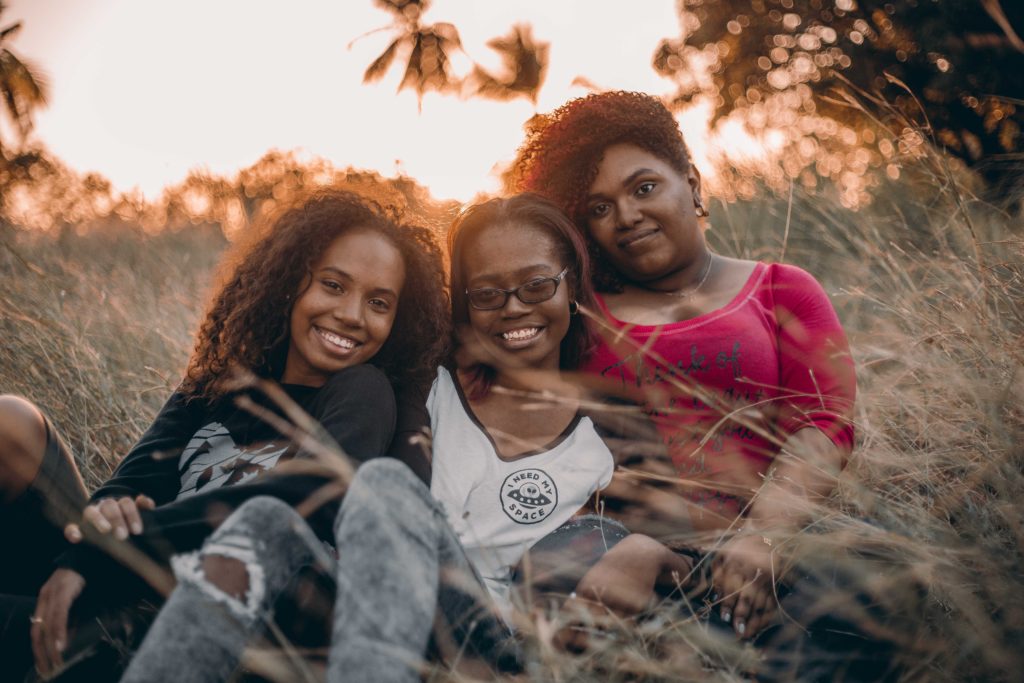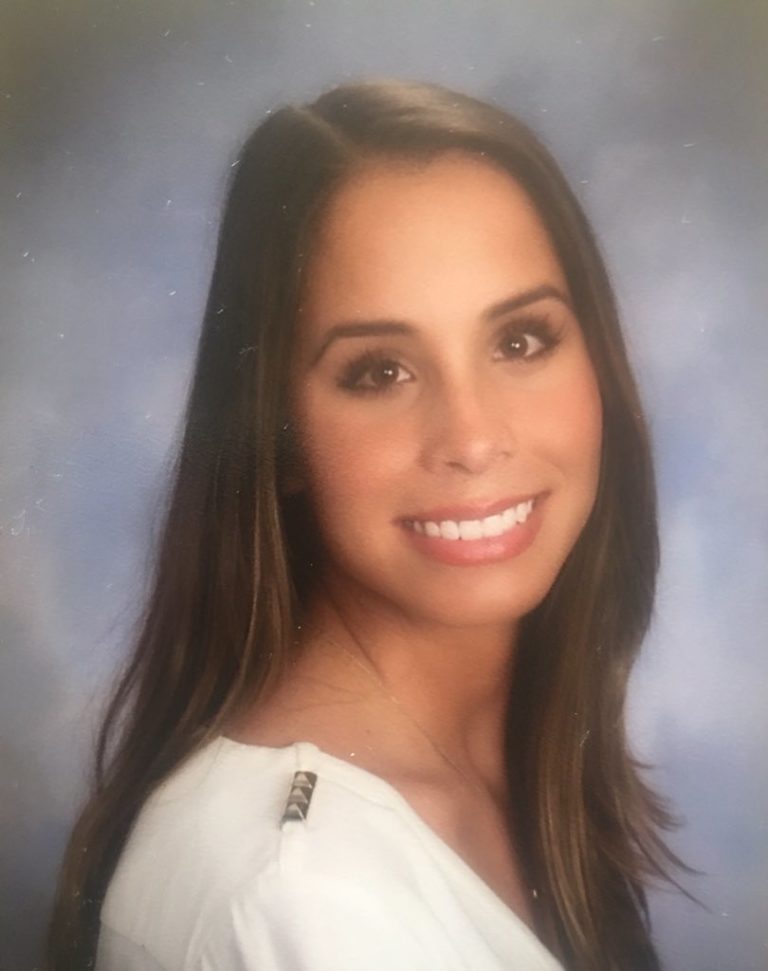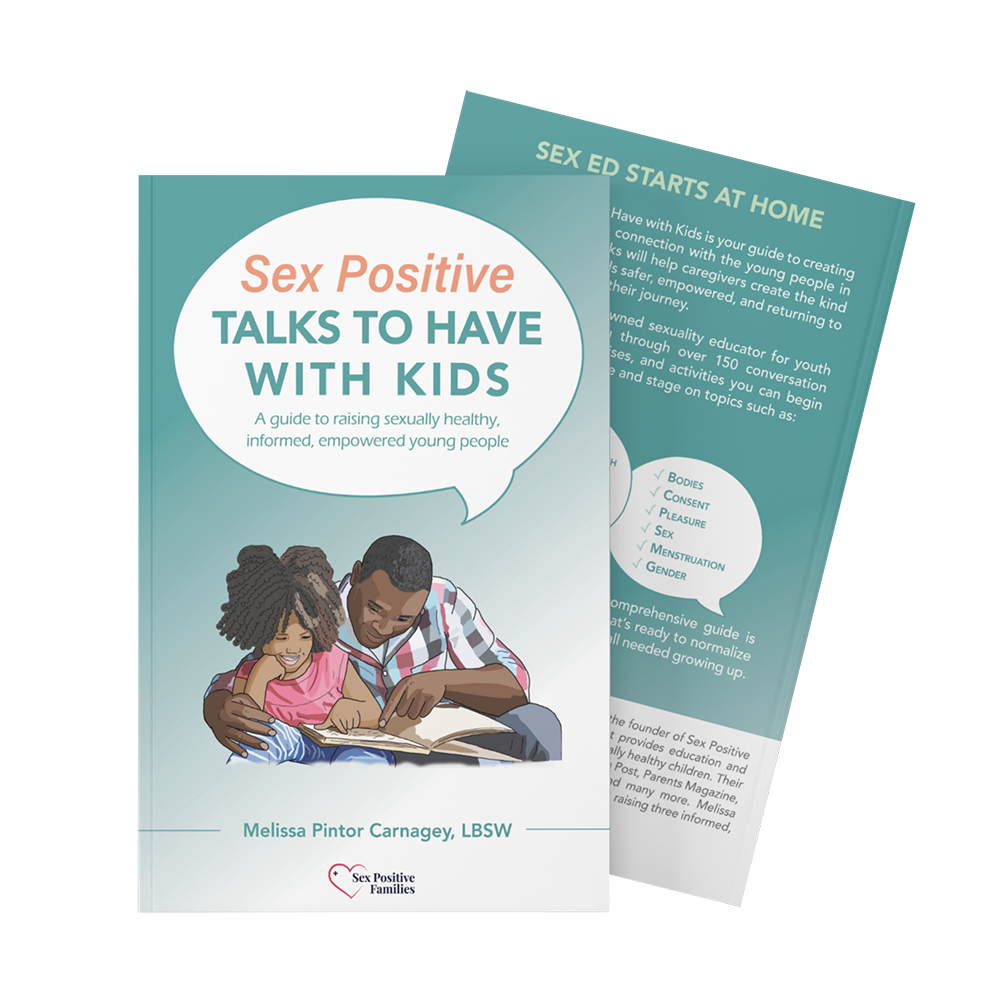-By Guest Blogger: Molly Moreau-
As a 24-year-old sex educator working at a university, it wasn’t long ago that I was in the position that my students currently occupy. When I arrived on campus as a first-year-student, I knew very little about sex. Sure, I understood that condoms helped prevent STIs and pregnancy, but that was pretty much the extent of my sexual expertise. The only other things I was certain about when it came to sex were that everyone already knew everything there was to know about it and everyone was having it …except for me. My inexperience was a source of deep insecurity for me; I feared that asking any of the many questions I’d had about sex would have resulted in the same social repercussions that tattooing “virgin” across my forehead would have had. Many of the students I work with today hold the same anxieties I did at their age. They often come from high schools whose sex education programs leave much to be desired—no pun intended—and have often been subjected to the idea that college campuses are hotbeds for wild sexual escapades and one-night-stands. Movies, TV shows, and memes about hooking up in college abound, but comparatively little media attention is afforded to practical information about fostering sexual well-being during this time in young adults’ lives.

Navigating romantic and sexual relationships in college can be one of the most complex aspects of young adulthood and yet it is one of the areas of students’ lives given the least amount of guidance. There is good news, though: it doesn’t have to be like this. While it might feel impossible to help your college student achieve sexual well-being in a sex-negative society that often seems to be rooting for your failure, the resources to support their (and your!) growth certainly exist. The information I have included below is a result of conversations I’ve had with my students about what they wish they had known when starting college. While certainly not an exhaustive list, this information can help you support your child as they adjust to life in college and figure out what sexual well-being looks like for them.
Dismantle the Misconception that “Everyone is Doing It”
The idea that everybody is sexually active seems to be one of the most common misconceptions I’ve encountered both in my work and in mainstream media narratives regarding the sex lives of college students. Several studies have shown that college students are not having nearly as much sex as we have been led to believe. Half of the 784 students surveyed in one poll on the sex lives of college students actually identified as sexually active. The one thing that all the respondents in this particular poll had in common—even those who identified as sexually active—was that they felt that everyone else was having more sex than they were.

For students not having sex, the myth that everyone around them is can be incredibly isolating and can potentially lead to sexual behaviors simply for the sake of fitting in. For example, I’ve had several students tell me that their first sexual encounter was less a product of desire and more an attempt to reduce the shame they felt for their self-perceived inexperience. Their stories always leave me wondering: how might their sex lives differ without such wildly misleading portrayals of sexual frequency in college? For this reason, it is a good idea to let your child know the reality of how many college students are having sex. Remind them that their sex life is just that: theirs. If they want to have sex—wonderful! If they don’t—that’s okay, too (and not doing so is a lot more common than they think)! As statistics show, they’ll be in good company regardless of whether they choose to have sex.
It’s Okay not to Know Everything
Because college students have been led to believe that everybody in college is sexually active, many assume that their peers have a more comprehensive repertoire of sexual health information than they do. This can make students, like those with whom I work, hesitant to seek answers to their sex-related questions out of fear of seeming ignorant. However, the sex education—or lack thereof—offered in middle and high schools across the United States does little to prepare our country’s youth for healthy, fulfilling sex lives; it’s no wonder that many adolescents feel as though they’re missing much needed information. Additionally, nobody is ever truly done learning when it comes to sexual health. Even as someone who works full-time in sex education, I am constantly discovering new ways to approach concepts I’ve already encountered dozens of times before. Sex education doesn’t end with the completion of a class or a workshop; it is a life-long process of learning to navigate our existence as sexual beings and unlearning the sexual shame and misconceptions we’ve been taught from birth. All of this is to say that if your teen has doubts about the breadth of their sexual health knowledge, they are absolutely not alone.

There are several ways you can help your college student access the sexual health resources and information they seek. You can start by looking into the resources available on their campus and ensuring that your teen knows what they offer. Some colleges offer free barrier contraceptive methods, like condoms, and comprehensive sex education programming—usually through the student health center or, if applicable, their gender, LGBT, or women’s center. When I say look into these resources, I mean just that: look. Calling these centers on your student’s behalf strips them of their autonomy and could be embarrassing for them. It could also create distrust between the two of you.
Unfortunately, not all colleges offer extensive sexual health resources. For this reason, gathering some resources of your own can be an excellent way to mitigate the potential lack of resources at your child’s school. The rise of peer-to-peer sex education blogs and social media pages has created an increasingly accessible, interactive arena for disseminating sexual health information. Websites like Killer and a Sweet Thang and Scarleteen and YouTube channels like that of sexologist Shannon Boodram help young people navigate the complexities associated with crafting their own fulfilling sex lives. And because these resources are run by fellow young people, their platforms can help provide a sense of community and solidarity for followers. They can also help with some of the questions that I encounter most frequently from students: questions that focus less explicitly on sexual health and more on other topics such as sexual normalcy, love, rejection, and sexual expression.

The assumption that college students need less support than their high school counterparts when it comes to sexual health information can leave them with many questions and the sense that there is nowhere to turn for answers. Feeling as though they are expected to be sexually active and to know everything about sex upon arriving to campus can create added pressure during an already stressful period of their lives. As many of the students I work with have explained, a simple “hey, I’m here to talk about these things if you have questions” from a parent or guardian can make a world of difference. Remember: your teen has been raised in a culture that frames conversations about sex as taboo and perverse, so creating a space for stigma-free dialogue can begin to deconstruct sexual shame and may even improve sexual health outcomes. Providing your child with resources and support can help dispel some of the misconceptions about sex in college and can help them on their journey to becoming sexually fulfilled young adults.

ABOUT THE AUTHOR
Molly Moreau is a Program Coordinator at Vanderbilt University’s Margaret Cuninggim Women’s Center. She oversees Vandy Sex Ed, Vanderbilt’s holistic peer sex education program and meets one-on-one with students to address all of their sex-related questions, concerns, and curiosities. Molly has previously worked as an intern for Planned Parenthood of South, East, and North Florida and continues to spend free time volunteering for reproductive rights focused organizations. Molly believes that the United States’ systematic denial of medically accurate sexual health information in favor of ineffective abstinence-only programs strips adolescents of the right to information that is fundamental to establishing health and well-being. She plans to continue advocating for comprehensive, stigma-free sexual education until such advocacy is no longer needed.
Check out “S.E.X.: The All-You-Need-To-Know Sexuality Guide to Get You Through Your Teens and Twenties” and other books that support sexual health in young adults by browsing our Resources.

Sex Positive Talks to Have With Kids is the bestselling guide to creating an open, shame-free connection with the young people in your world.
It’s an inclusive, medically accurate, and comprehensive resource that walks you through over 150 conversation starters, reflection exercises, and activities you can begin implementing at every age and stage to normalize sexual health talks and become the trusted adult we all needed growing up.
